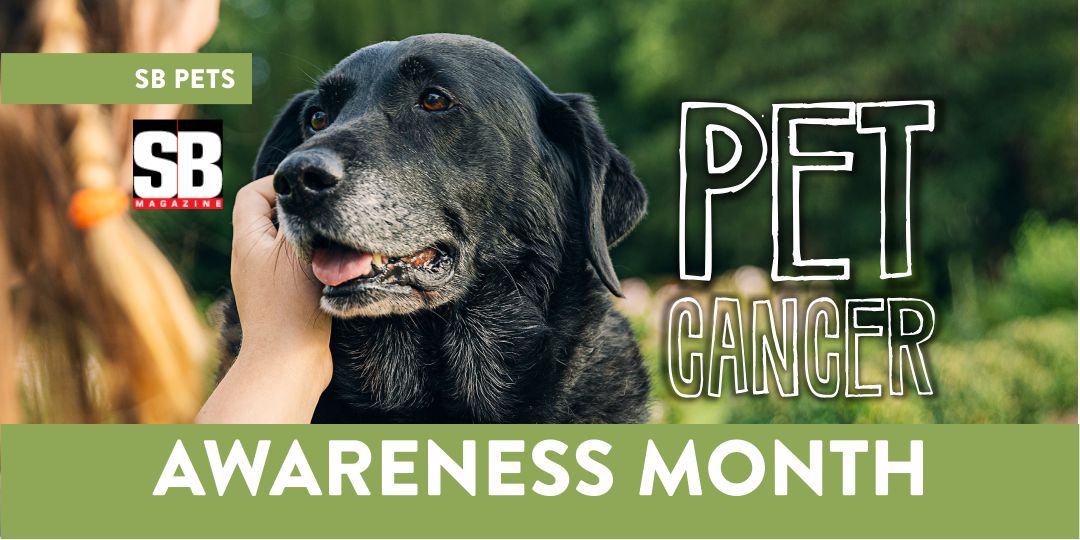LSUS basketball players donned red Santa Claus hats and spread holiday cheer with presents up and down the halls of St. Mary Pediatric Hospital on Tuesday. The fluffy white tops of some hats nearly scraped the ceiling – James Ellis is 6-foot-11 and Kenyal Perry is 6-foot-6 – but all of the LSUS men and women likely appeared like giants to the children at St. Mary.
Men’s and women’s basketball players and coaches distributed presents and sang “Jingle Bells” as they visited nearly 20 rooms in the pediatric wing.
Players competed with each other to see which gifts they’d give – Playdoh, Legos and Hot Wheels were all first-round draft picks.
“It’s heartwarming to give back to children who can’t be home for the holidays,” said LSUS forward Destanee Roblow, who visited a two-week-old infant among other children. “Giving back in this way makes me feel more connected to my teammates and helps us be more successful.”
Seven-year-old Derriyah smiled and sang along from her bed with the women’s basketball team.
“I’m sure it helps lift her spirits,” Derriyah’s mother chimed in. Derriyah said she was ready to visit the play area after the team’s visit.
Men’s basketball coach Kyle Blankenship relishes the role of Santa, making sure he knew the name and age of each child he visited, found an age-appropriate present in his “sleigh” (a storage cart) and selected which players would conduct the visit.
The sleigh made trips down wings named “Sugar Street,” “Rocky Road” and “Lollipop Lane.”
It’s an event in which he’s participated since his days as an LSUS player back in the mid-2000s.
“This is always something the players and I look forward to,” Blankenship said. “We’ve visited a children’s hospital every year since I’ve been here, even during (the first year of) COVID-19.
“We FaceTimed kids from the lobby that year.”
Blankenship was asked how the team was playing by one father – the Pilots are 7-0 and ranked No. 7 nationally headed into Thursday’s road trip to Our Lady of the Lake (Texas). Blankenship wanted to send the family tickets to a game once his daughter’s health improved.
Senior guard Jalen King, who is in his first season as a Pilot, said he enjoyed an event where the men’s and women’s teams can spend time together off the court.
“It feels good to give back in times like this,” King said. “I know I’d love this if I were in a hospital room, and it’s great to be able give something because there are kids out there who might not get a Christmas present.
“It’s also a great opportunity to build chemistry with our team and with the women’s team. I love this opportunity to help build that.”

A pair of LSUS women’s basketball players join men’s basketball coach Kyle Blankenship as they visited a 13-year-old patient at St. Mary Pediatric Hospital on Tuesday.









